Dermatologists often need help in their day-to-day tasks. They need help in handling administrative work, providing direct patient care, and more.
A dermatologist assistant is a medical professional who helps dermatologists with these responsibilities.
When hiring a dermatologist assistant, you need to consider the individual's qualifications, education, experience, and (of course) the cost to you.
The process can be tricky if you're not knowledgeable about the eligibility requirements or what's standard in the industry. You also need to be familiar with the average salaries for dermatologist assistants. In this guide, we cover all these aspects and more to help you find the right professional for your practice.
What is a dermatologist assistant?
A dermatologist assistant is a medical professional who assists dermatologists. They may perform administrative tasks, help with patient care, or conduct research.
Dermatologist assistants typically have an associate's degree or higher in medical assisting. Many also hold certification from the National Commission for Certification of Physician Assistants.
Dermatologist assistants play an essential role in dermatology offices and clinics. They help keep the office running in a smooth manner.
Plus, they provide support to dermatologists and their patients.
Since they often have direct contact with patients, dermatologist assistants must be professional and compassionate. They should be able to communicate information between the dermatologist and the patient effectively.
Dermatologist assistants may perform a variety of tasks, depending on the needs of the dermatologist they are working with. These tasks may include taking medical histories, scheduling appointments, and handling insurance paperwork.
Bureau of Labor Statistics data shows that the job outlook for physician assistants in general is increasing at 31%, which is much faster than average. Though there's no data for dermatologist assistants specifically, it stands to reason there would be an increasing demand for dermatologist assistants too.
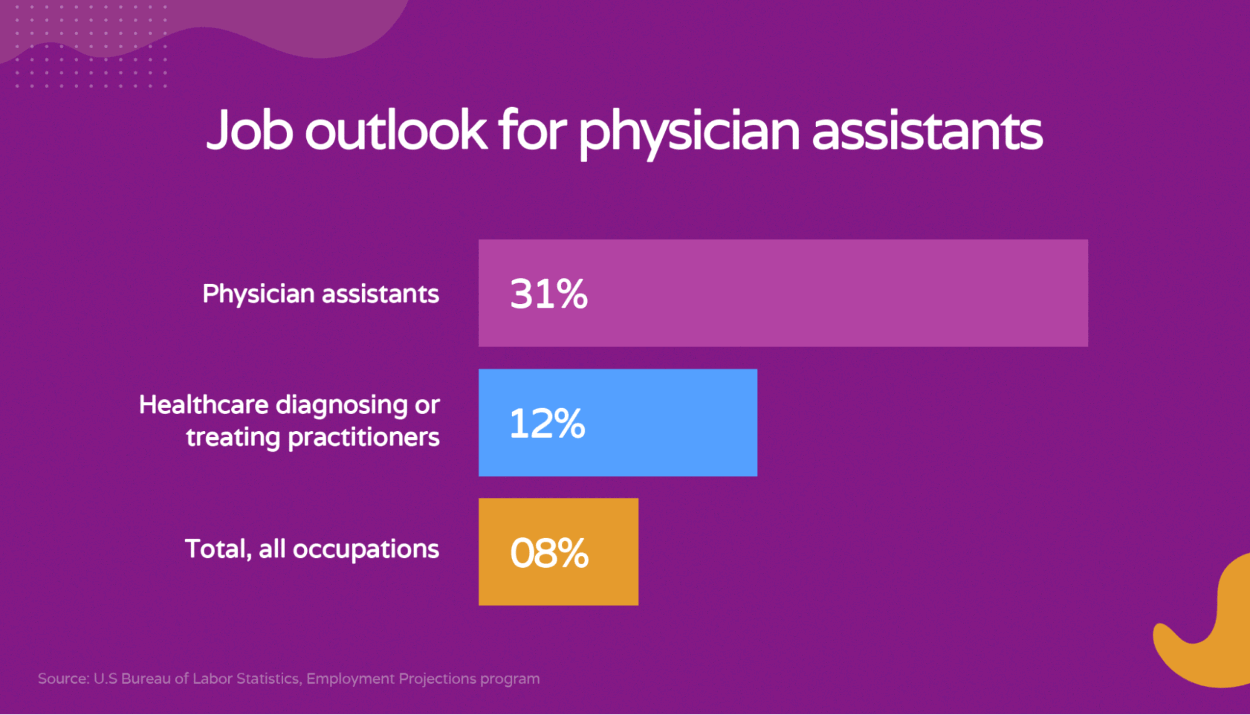
Did you know Hello Rache's qualified Healthcare Virtual Assistants can save your business more than 50% while providing an improved quality of care? Learn how it works here.
What does a dermatologist assistant do?
A dermatologist assistant can perform a wide range of duties and responsibilities. Their roles depend on the size and scope of the dermatology practice.
In smaller practices, a dermatologist assistant may be responsible for various tasks. These include greeting patients, scheduling appointments, and providing administrative support.
In larger practices, dermatologist assistants may have more specialized roles. For example, they may work with patients to discuss treatment options. They may also provide lab support or conduct research.
Let's go over some typical duties of a dermatologist assistant.
Assist with cosmetic procedures
Dermatologist assistants may help with cosmetic procedures such as laser hair removal, Botox injections, and fillers.
During these procedures, the assistant does the following:
- Gathers information about the patient's medical history
- Explains the procedure to the patient
- Prepares the area for treatment
- Assists the dermatologist during the procedure
- Monitors the patient's condition during and after the procedure
- Provides post-procedure care
Conduct skin exams
A dermatologist assistant may conduct skin exams, take biopsies, and provide other skin care services.
Provide patient education
Dermatologist assistants also play an essential role in patient education. They may provide instructions on how to properly care for the skin and preventive measures that can be taken to avoid skin problems.
Schedule appointments
In some places, dermatologist assistants may also be responsible for scheduling appointments. They may also handle other administrative duties.
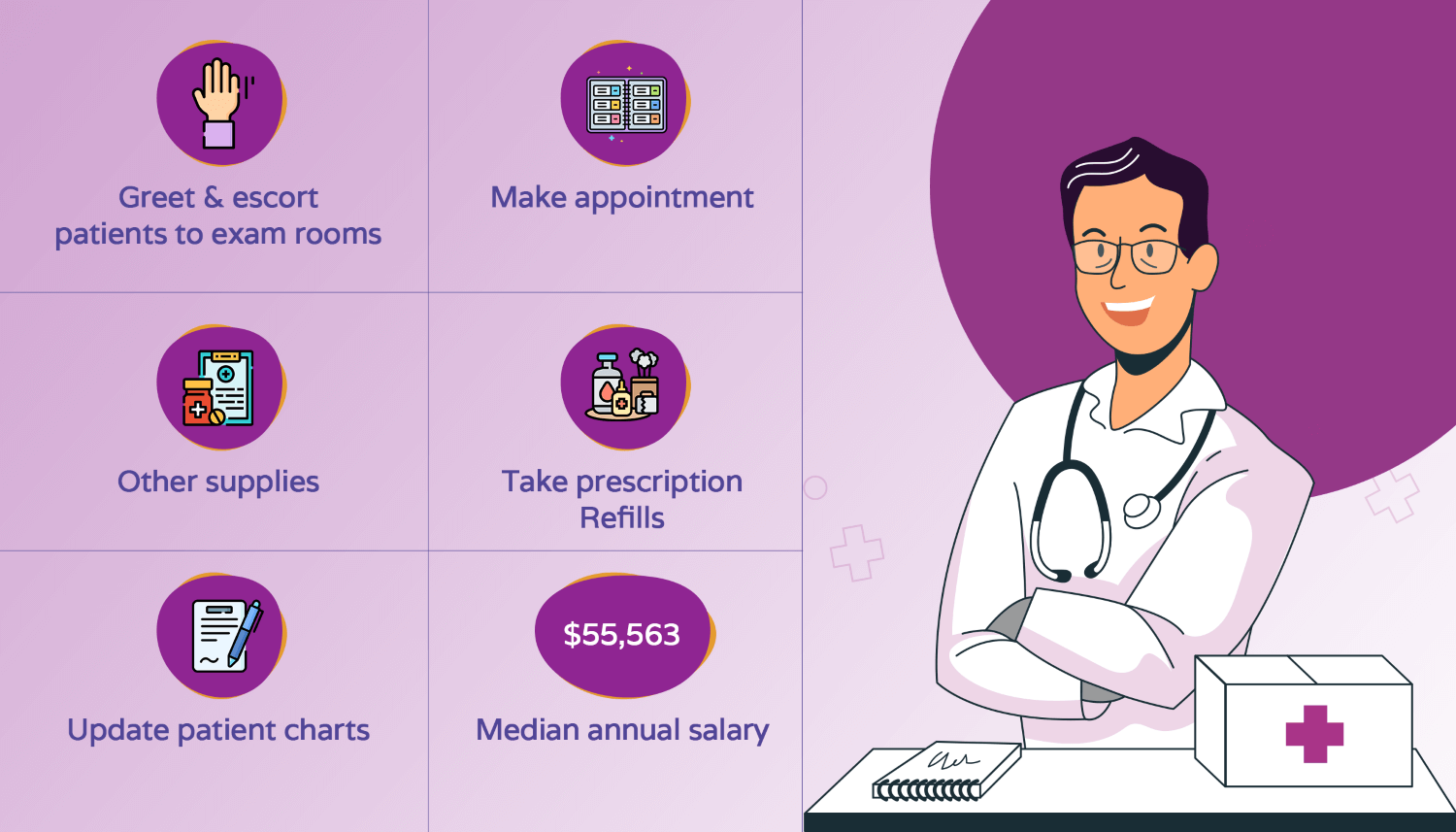
Help during patient exams
A dermatologist could need help while examining a patient. The dermatologist assistant would be responsible for:
- Holding the mirror
- Handing instruments
- Suctioning away excess fluid during the examination
Document and maintain medical records
Some examples of medical records dermatologist assistants have to keep are biopsy results, medications prescribed, and patient medical histories. Plus, they often have to document the dermatologist's findings and recommendations.
Take medical histories and measure vital signs
Dermatologist assistants must take patients' medical histories and measure their vital signs. This includes recording patients' weight, height, and blood pressure.
If your practice's needs are primarily administrative, consider a virtual dermatologist assistant.
Education requirements for a dermatologist assistant
Typically, a dermatologist assistant has an associate’s degree or a postsecondary certificate. In addition, some states have certification requirements for dermatologist assistants.
These professionals can also get a Medical Assistant Certification to advance their careers.
Most dermatologist assistants complete on-the-job training under the supervision of a licensed dermatologist.
For instance, they may get training for the following:
- Taking medical histories: The dermatologist assistant takes a patient’s medical history by asking about family health, medications, allergies, and previous skin conditions.
- Conducting medical exams: On-the-job training will teach the dermatologist assistant how to conduct a medical exam, including inspection of the skin, hair, and nails.
- Assisting with procedures: The dermatologist assistant learns how to assist with procedures, such as tattoo removals and biopsies.
- Administering treatments: Training may also involve how to administer treatments, such as injections, laser therapy, and cryotherapy.
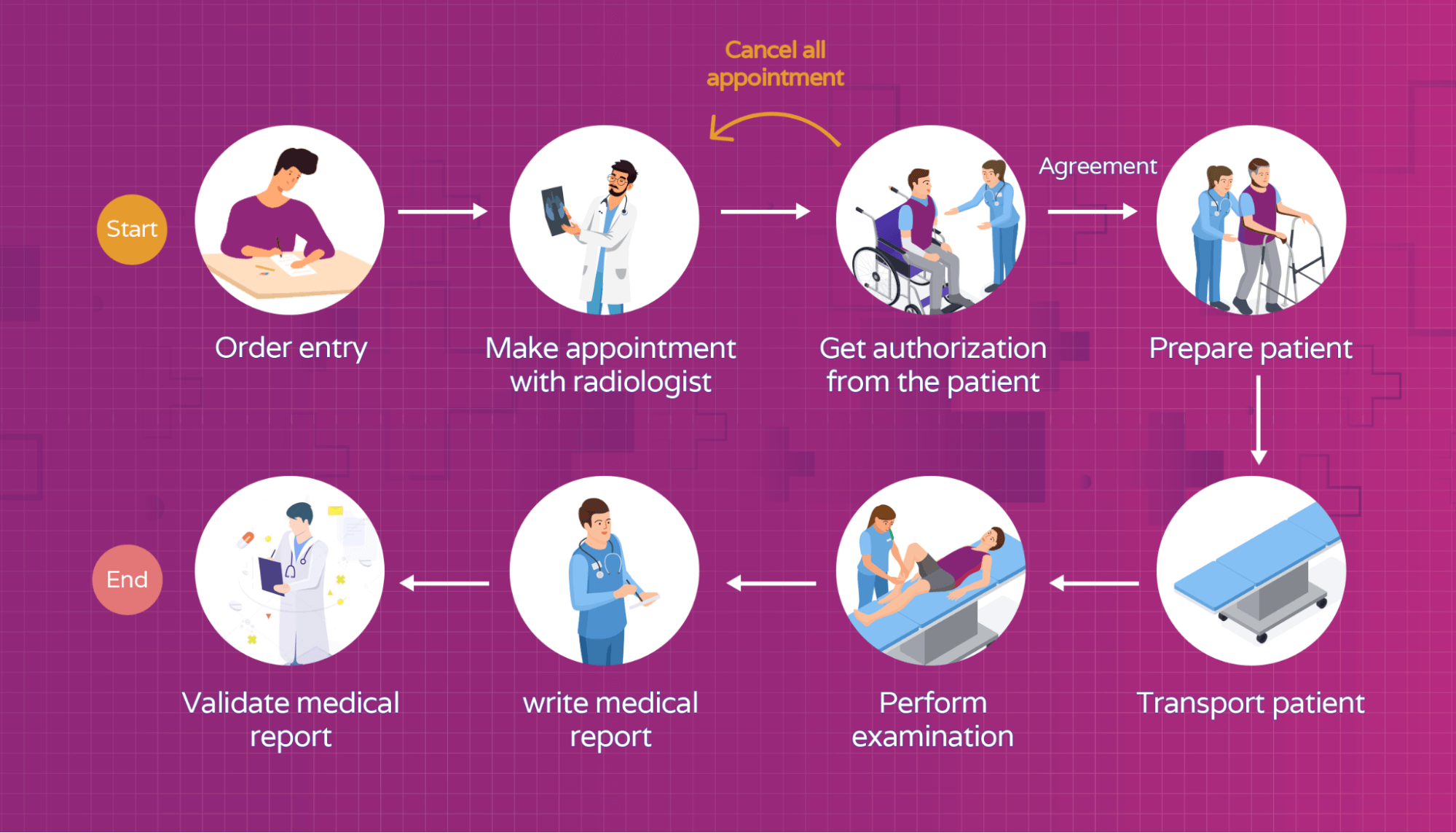
The training process for a dermatologist assistant generally lasts for several months. In addition, some dermatologist assistants may need to complete continuing education courses to keep up with the latest advancements in the field.
For example, dermatologist assistants could get training in:
- Anatomy
- Physiology
- Medical Terminology
- First Aid
- Infection Control
These topics will help the dermatologist assistant become familiar with working in a medical setting.
How much should you pay a dermatologist assistant?
The average salary of a dermatology assistant in the US is $55,563 per year. However, the salaries may differ based on a few key factors:
Location
Larger cities tend to have higher costs of living. That's why dermatology assistants in these cities earn more. For instance, dermatology assistants in New York make $64,365 per year, while those in Orlando make $54,060 per year.
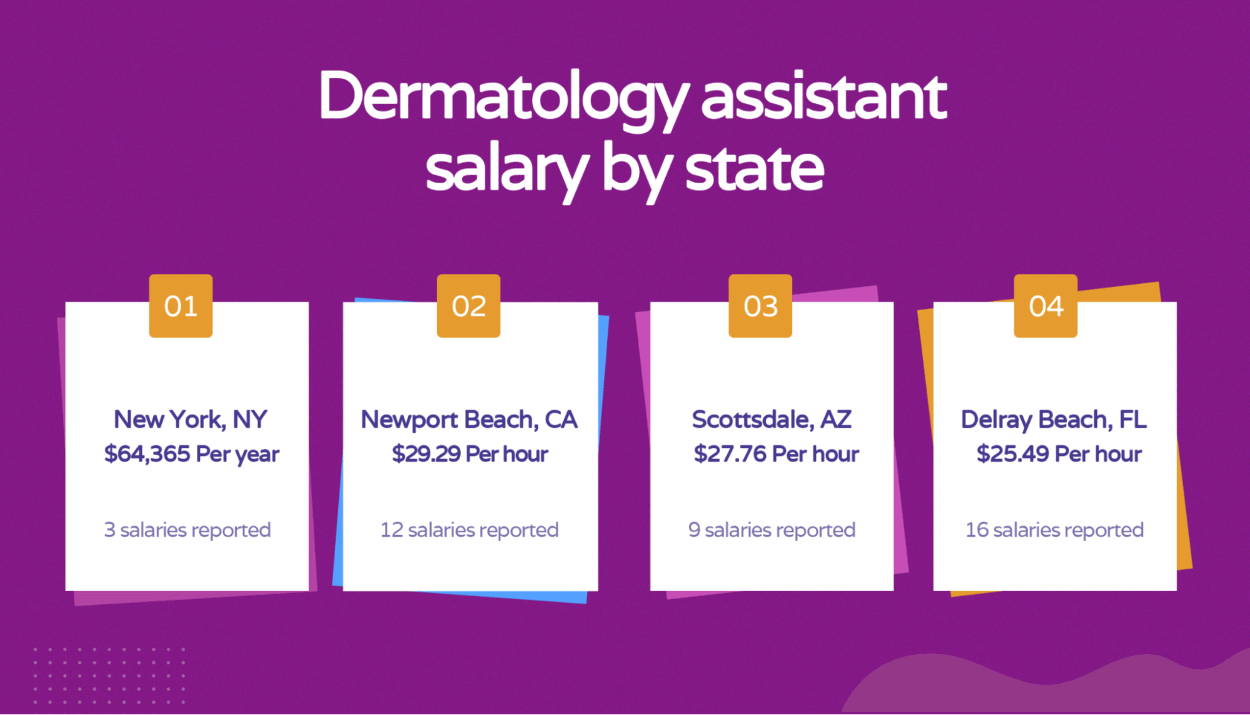
Experience
The salary of a dermatology assistant also depends on their experience. An entry-level dermatology assistant earns less than someone with certifications, a master's degree, or ample expertise.
Type of employment
Hospitals, nursing facilities, and private dermatology practices offer different salaries. The salary ranges differ from one city and state to another.
The size of the facility
Larger facilities tend to have more money to spend on staff. That way, they can pay their employees more.
The scope of the position
A dermatology assistant's salary will also depend on their responsibilities. For instance, those who do more than just assist the dermatologist may earn more.
You can learn more about dermatologist assistant salaries in our guide here.
To learn more about how Hello Rache can help your medical practice save time and money with qualified virtual assistants, book a call with our team.
Dermatology assistant must-have skills
Private dermatology practices must look for several key skills when hiring a dermatology assistant. Here are some of them:
Knowledge of medical insurance
First, they should have experience with handling medical insurance. It includes knowing how to verify coverage and file claims.
Familiarity with medical conditions
Dermatology assistants should have knowledge of common skin conditions. That way, they can educate patients about their condition and provide assistance as required.
EMR knowledge
A dermatology assistant needs to know how to use electronic medical records. With this knowledge, they can enter patient information and update it as needed.
Clerical and organizational skills
A dermatologist assistant must be able to handle a variety of clerical duties. These include:
- Answering phones
- Scheduling appointments
- Filing insurance forms
- Greeting patients
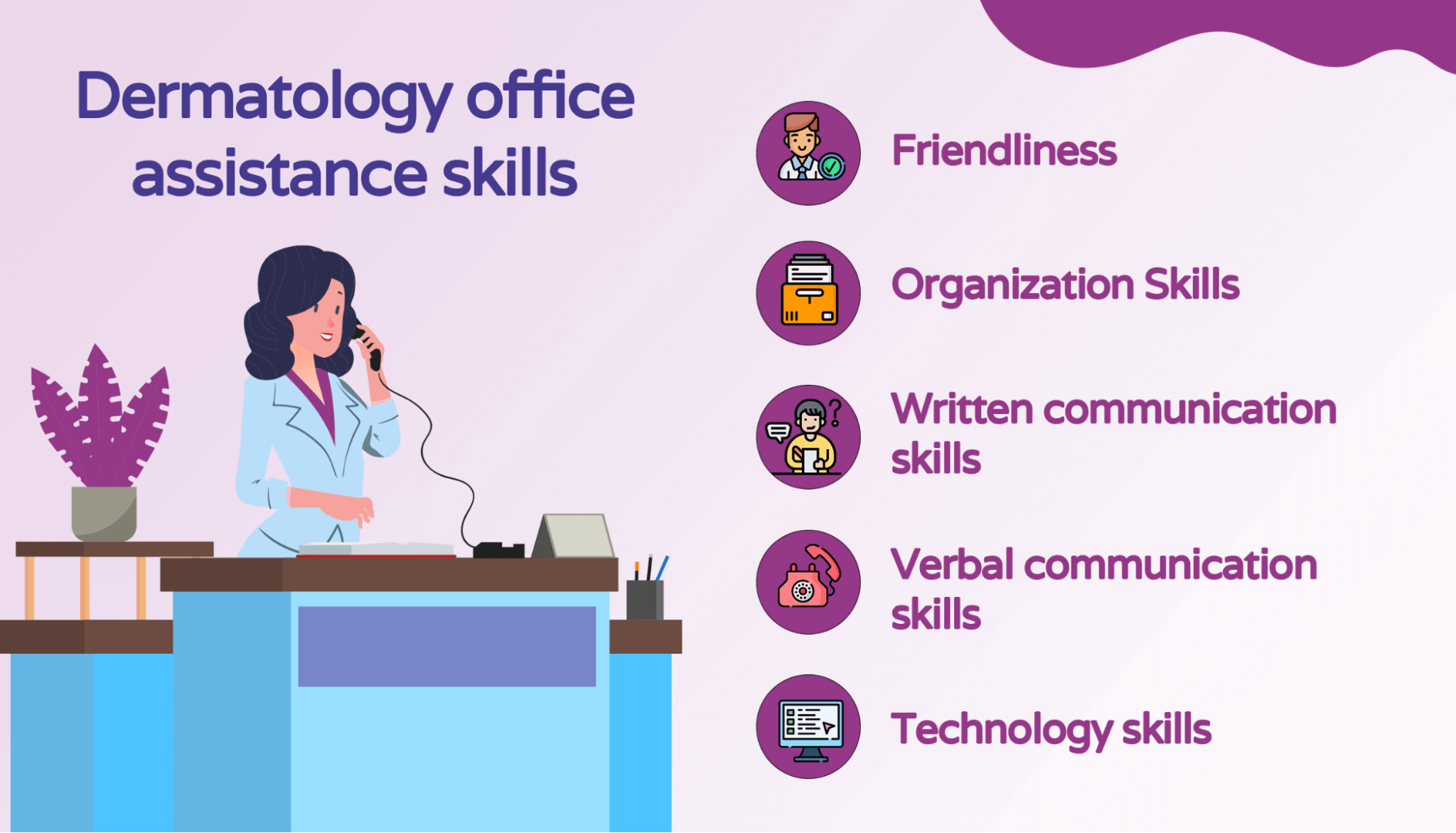
Dermatology assistants must be able to keep the office organized and running smoothly. It helps if they're good at multitasking and have excellent time management skills.
An eye for detail
It is also crucial for dermatology assistants to have an eye for detail. It's because they will be responsible for:
- Checking patients in and out
- Updating medical records
- Taking vitals
- Assisting with procedures
They should also be able to follow instructions from the dermatologist accurately.
Safety and sanitation knowledge
Sanitation is an essential part of a dermatologist assistant's job. They must follow strict sterilization procedures to prevent the spread of infection.
They should also know how to handle and dispose of hazardous materials.
First aid knowledge
Dermatology assistants should also have basic first aid knowledge. In addition, they should know how to deal with minor cuts, burns, and other injuries.
They should also be able to identify more serious medical conditions and know when to call for help.
Basic computer skills
Dermatology assistants often use computers to update medical records and schedule appointments. Therefore, they should have basic computer skills and be comfortable using different software programs.
Some of them include:
- Microsoft Office
- Electronic medical records software
- Scheduling software
- Patient portals
How to hire a dermatology assistant
BLS data shows that there were 720,900 jobs for medical assistants in 2020. But when it comes to hiring the right assistant for your dermatology practice, you still need a few helpful tips to make an informed decision.
Check for clinical skills
First, you'll want to ensure that your assistant has the necessary clinical skills. They should be able to take patients' vital signs, measure their symptoms, and perform other essential tasks.
For example, they should know how to apply bandages and dressings properly. They should also have a good understanding of medical terminology.
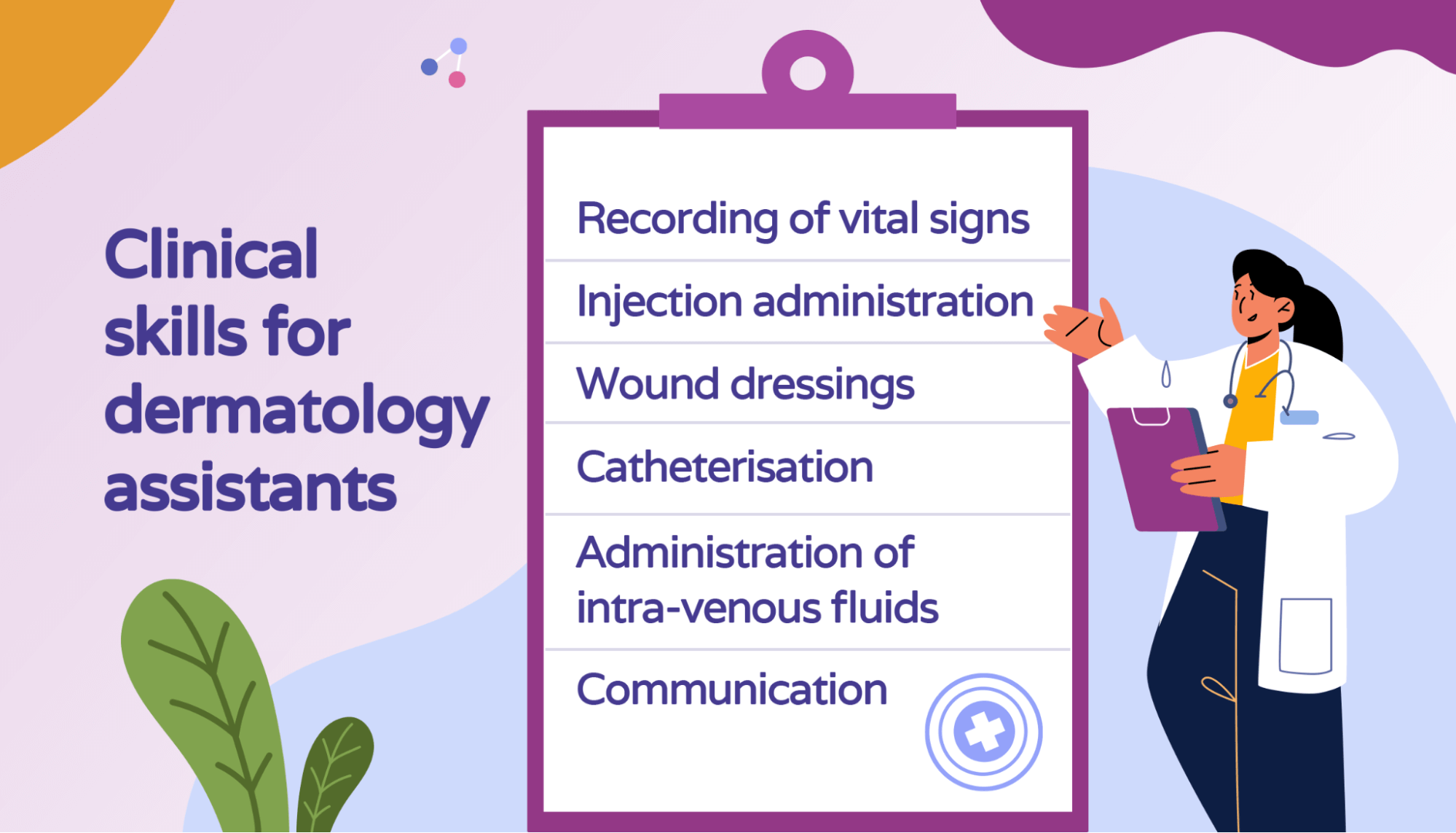
Conduct an extensive interview
You're essentially adding a new member to your team when you hire someone to assist you in medical procedures. So you must take the time to get to know their capabilities properly.
Here are some questions you can ask during the interview:
- How would you handle a situation where a patient is refusing to cooperate?
- What would you do if you witnessed another staff member behaving unprofessionally?
- How do you deal with difficult patients?
- What are your thoughts on patient confidentiality?
- Have you assisted in dermatology procedures before? If so, could you describe the experience?
Consider HIPAA knowledge
The professional you hire must also be well-versed in HIPAA laws. Ask them if they understand the requirements of HIPAA-compliant texting and how to keep patient information confidential.
Most physician assistants have HIPAA certification, which you can verify through their state's licensing board.
Conduct a background check
Patient records and other confidential information constitute sensitive data that you don't want to fall into the wrong hands.
To that end, you should always conduct a background check before making final decisions. It will help you verify their identity and check for any red flags in their past.
Why might you want to consider hiring a virtual dermatology assistant?
If you don't need anyone to assist you in medical procedures and only want someone who can handle the administrative side of things, you might want to consider hiring a virtual dermatology assistant.
Virtual assistants can handle tasks like answering phone calls, scheduling appointments, and managing your social media accounts.
They can also help with the following processes:
- Marketing: If you're looking to expand your practice or attract new patients, a virtual assistant can help you with your marketing efforts. They can create and manage your social media accounts, design marketing materials, and even help you plan and execute marketing campaigns.

- Billing and paperwork: A significant chunk of physicians' time is spent on billing and paperwork. A virtual assistant can help you. They can contact insurance companies for claims, send reminders to patients about their upcoming appointments, and much more.
- Patient communication: You can also use a virtual assistant to manage patient communication. They can answer phone calls from patients. Likewise, they can answer emails or send appointment reminders and follow-up messages.
- Research: If you need someone to research a specific topic or help you find information about a new medication, a virtual assistant can help.
Apart from this, virtual assistants can also help with various other tasks. They could explain the treatment plan to patients and do transcription work.
Hiring a virtual assistant can be a game-changer if your practice is growing and you're finding it difficult to keep up with the demand.
Hire a dermatology assistant to help your practice
A dermatologist assistant can do a lot, from keeping your schedule organized to carrying out administrative tasks. Whether you need them to be involved in medical procedures or not, they can be a valuable asset to your team.
Some notable skills to look for in a dermatologist assistant include excellent organization, multitasking, medical knowledge, and great people skills. If you're interested in hiring a virtual dermatologist assistant, schedule a consultation with Hello Rache today.




